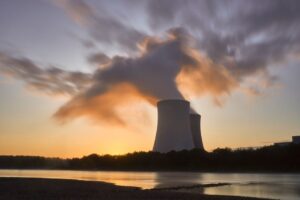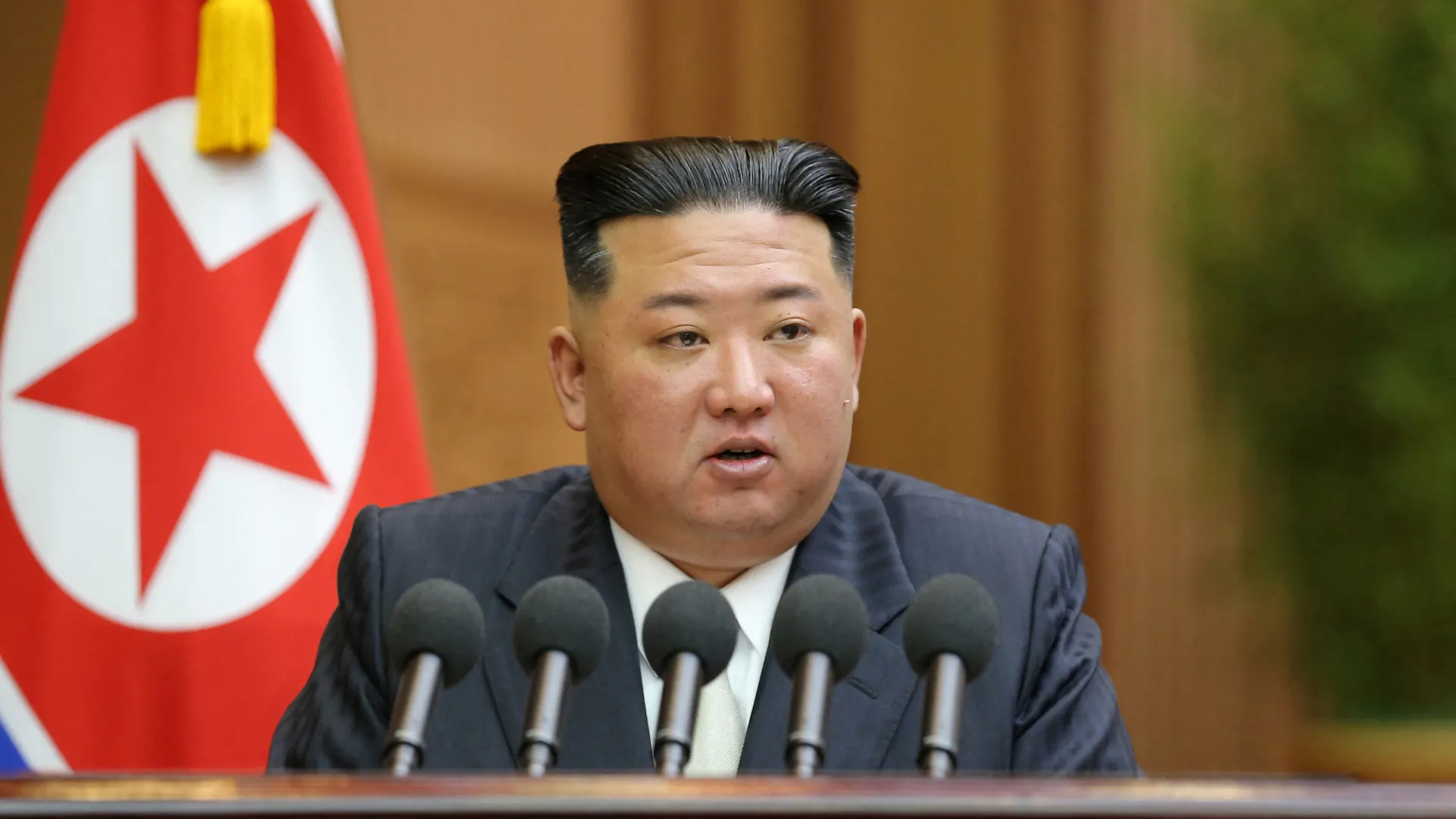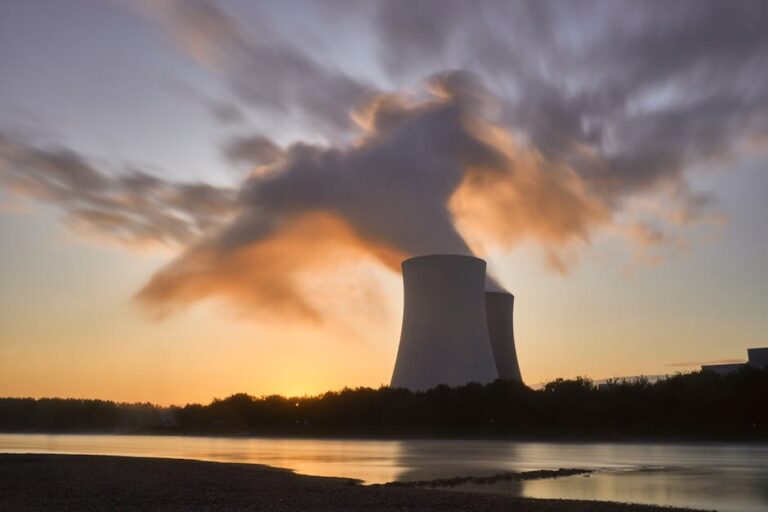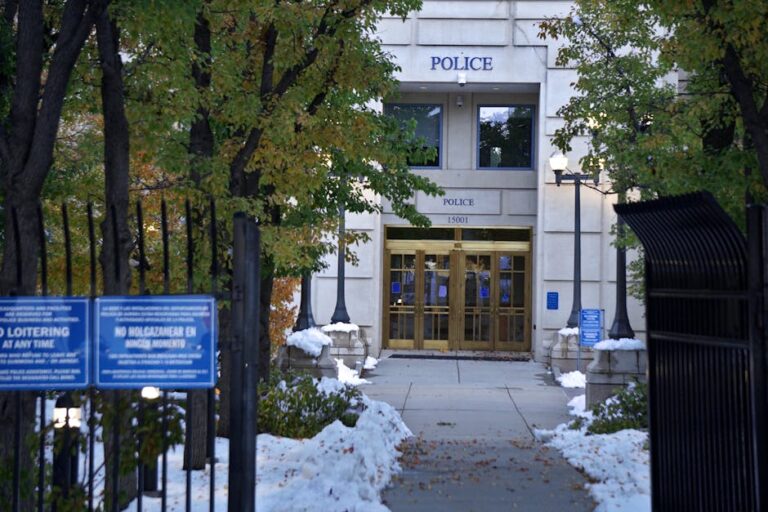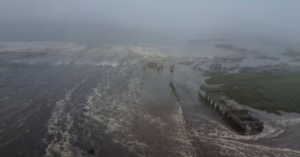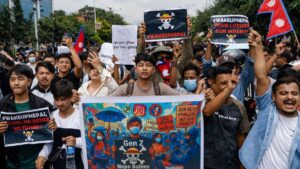In a bold and highly provocative move, North Korea has officially declared its status as a nuclear-armed state to be “permanently enshrined and irreversible”, igniting fresh global tensions and drawing strong condemnation from the United States, South Korea, Japan, and the wider international community.
The announcement was made during a rare session of the Supreme People’s Assembly in Pyongyang, where North Korean leader Kim Jong-un signed a new law formally embedding nuclear statehood into the nation’s constitution. The law explicitly prohibits any negotiations on denuclearization and authorizes preemptive nuclear strikes if the country’s leadership perceives an imminent threat.
A New Era of Nuclear Defiance
The law marks the most definitive rejection yet of denuclearization talks, which have stalled since the collapse of U.S.–North Korea summits in 2019. By declaring its nuclear arsenal as “untouchable,” North Korea has signaled it has no intention of disarming under any circumstances.
State media described the move as “a historic victory” that will “ensure the eternal security of the Korean people against imperialist aggression.” Kim Jong-un called the nuclear force “the nation’s lifeline” and said it would remain “as long as imperialism exists on Earth.”
Analysts say this announcement represents a strategic turning point, effectively closing the door on future disarmament talks and solidifying North Korea’s long-term nuclear ambitions.
Rising Concerns in the Region
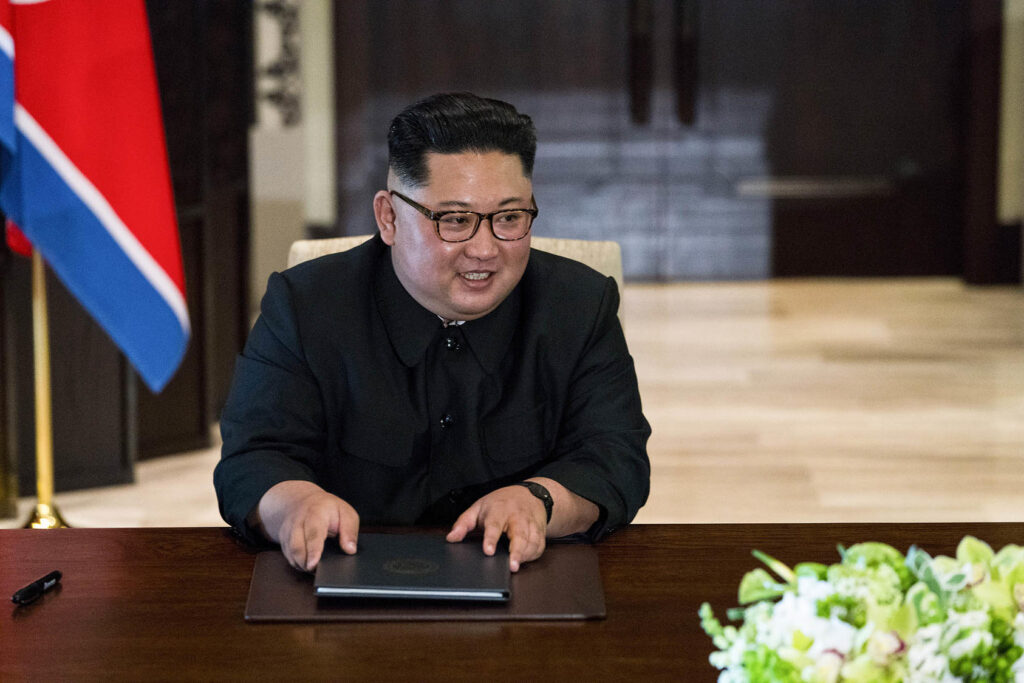
North Korea’s move has triggered swift reactions from its neighbors.
- South Korea’s presidential office condemned the declaration, saying it poses “an existential threat to peace on the Korean Peninsula” and vowed to strengthen its missile defenses and joint military exercises with the United States.
- Japan’s Prime Minister Fumio Kishida called the decision “completely unacceptable” and warned that Tokyo would work with allies to tighten sanctions and expand deterrence capabilities.
- The United States accused Pyongyang of “further destabilizing the region” and reaffirmed its “ironclad commitment” to defend South Korea and Japan with all capabilities, including its own nuclear umbrella.
The announcement comes just as U.S., Japanese, and South Korean forces are launching large-scale joint drills in the Pacific, intensifying the already fraught security atmosphere in Northeast Asia.
International Isolation vs. Domestic Triumph
While North Korea remains one of the most heavily sanctioned countries in the world, the regime is presenting the declaration as a symbol of national pride and resilience. Footage aired on state TV showed lawmakers applauding as Kim signed the law, with banners proclaiming, “Our nuclear sword guarantees our future.”
Experts say Kim is using the announcement to shore up domestic legitimacy, especially amid severe economic struggles, food shortages, and international isolation. “This is about showing strength to the world and stability to his people,” said Dr. Sung-Ho Park, a Seoul-based security analyst. “It signals that nuclear weapons are now non-negotiable, part of North Korea’s identity.”
Risks of a New Arms Race
Global security experts warn that North Korea’s decision could accelerate a regional arms race. South Korea and Japan have both debated developing independent nuclear capabilities in recent years, and this move may intensify those discussions.
It could also embolden other nuclear aspirants worldwide, undermining decades of global non-proliferation efforts. The United Nations Secretary-General António Guterres said he was “deeply alarmed” and urged North Korea to “reverse this course immediately and return to compliance with international law.”
What Happens Next
While North Korea has tested a record number of missiles since 2022, its nuclear program has remained largely underground. Satellite imagery indicates continued construction at known nuclear sites like Yongbyon and suspected new tunnel networks in the mountainous northeast.
With its new law in place, North Korea may attempt another nuclear weapons test, its first since 2017, to demonstrate credibility. Such a test would likely provoke harsh new sanctions and possibly military responses from the U.S. and its allies.
For now, the world watches nervously as the Korean Peninsula enters a new era of heightened nuclear tension, with diplomacy appearing further away than ever.
